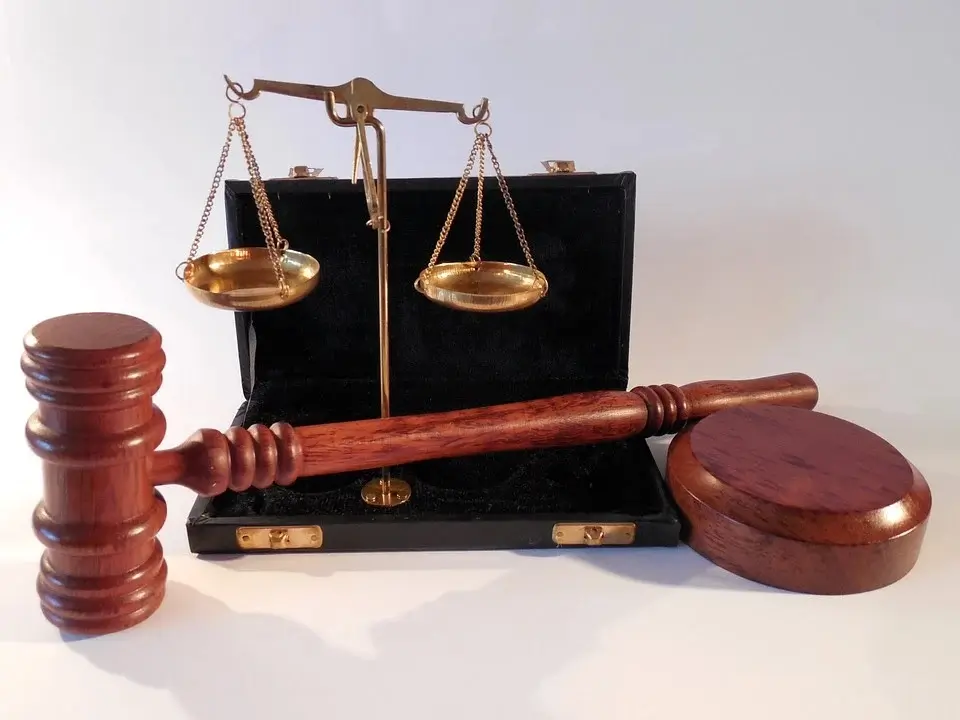The administration of each municipality is exercised collectively by the council, in which the mayor, deputy mayors and councillors participate as members. Within the framework of their responsibilities, they manage and regulate all local affairs, aiming at the protection, development and continuous improvement of the interests and quality of life of the local community as a whole, as well as the natural and built environment.
Their areas of responsibility are defined by law and include development and infrastructure, cleanliness, health and quality of life, social welfare and social cohesion for the municipal services provided to the citizens, education and culture, environmental protection and the fight against climate change.
The mayor exercises the executive power of the municipality and among their responsibilities is the representation of the municipality. They chair the meetings of the council and the Management Committee, head all the services of the municipality, which they direct and control, execute the decisions of the council and exercise any other responsibility or power by law. In case of absence or impediment, they are replaced by the deputy mayor of the municipal district with the largest number of voters.
Deputy mayors’ responsibilities
Deputy mayors exercise the responsibilities chosen for and given to them by the mayor. The deputy mayors are rightly protesting and demanding the definition of substantive responsibilities by law, so that their assignment does not depend on the will of the mayor at any given time.
Their role and work is significantly limited, especially in small municipalities where deputy mayors do not have responsibilities, which causes confrontation and conflict, in contrast to municipalities in which the mayor and deputy mayors were elected by the same political party’s coalition.
The implementation of the local government reform is affected, the smooth functioning of municipalities is disrupted and municipal council meetings are not even held. The Ministry of the Interior has been the recipient of several complaints from deputy mayors, who are marginalised and seek intervention.
The bill does not satisfy
In response, the Ministry of the Interior has prepared a bill that amends the provisions on the responsibilities of deputy mayors. Specifically, it is proposed to remove the controversial words “which the mayor transfers to them, including those that may be” and to add the words “which are”, then listing the local responsibilities of the deputy mayors for the municipal district in which they were elected.
However, these responsibilities are limited to supervising issues concerning the relevant municipal district, such as cleanliness and good condition of infrastructure, road network, sidewalks, green spaces and informing the municipal service to take appropriate actions.
Also, participation in meetings where issues concerning the municipal district are discussed and being informed on correspondence concerning it, certification of documents, participation in the management committee and all committees concerning the municipal district, as well as the supervision of issues falling within the field of social welfare and social cohesion.
Other countries
In other countries, such as Greece and England, the mayor appoints municipal councillors as deputy mayors, who are paid or unpaid, for a fixed term, depending on the population data and the number of communities.
The responsibilities that the mayor transfers to them are substantial and include the operation of municipal services, monitoring the progress of projects and work being carried out, supervision of environmental cleanliness, inspection of shops, businesses and trade, responsibilities in primary sector matters (ie agricultural, livestock farming, fishing, forest and performing civil marriages), education and social programmes, sports and culture, environment and circular economy, technical service and infrastructure maintenance.
The transfer of essential responsibilities is required so that the deputy mayors can carry out their work until the end of their term and their number must be decided. By acting in this direction, decentralisation is also served, without affecting the responsibilities of the mayor, who will be assisted for the respective municipal quarter in which each deputy mayor was elected.
The issue of serious concern is that most municipal quarters are small communities and the election of 93 deputy mayors was foreseen, a number disproportionate to the establishment of the 20 new municipalities that resulted from the merger of 30 municipalities and 63 communities, as well as the fact that the deputy mayors cost €2.3 million per year.
George Coucounis is a lawyer specialising in Immovable Property Law, based in Larnaca. E-mail: [email protected], tel: 24818288






Click here to change your cookie preferences